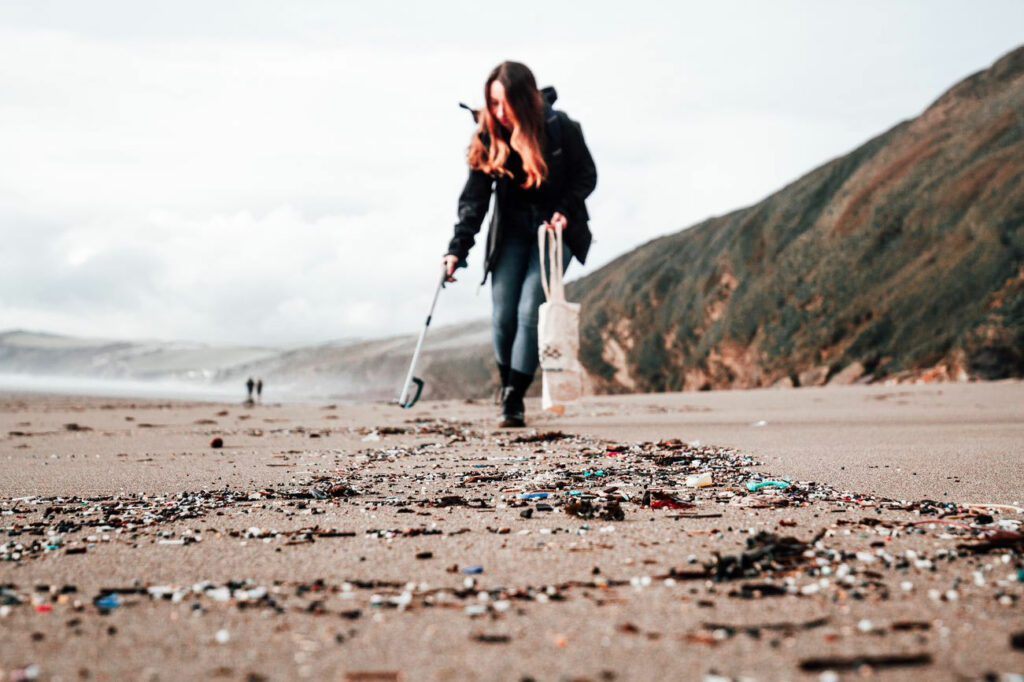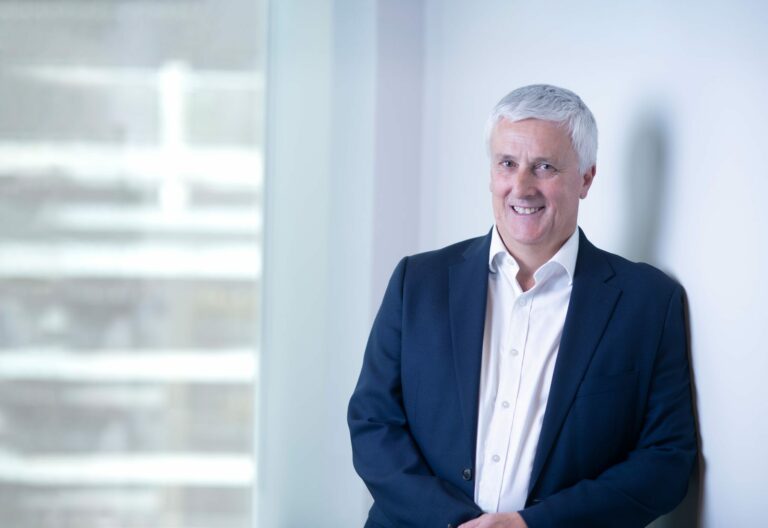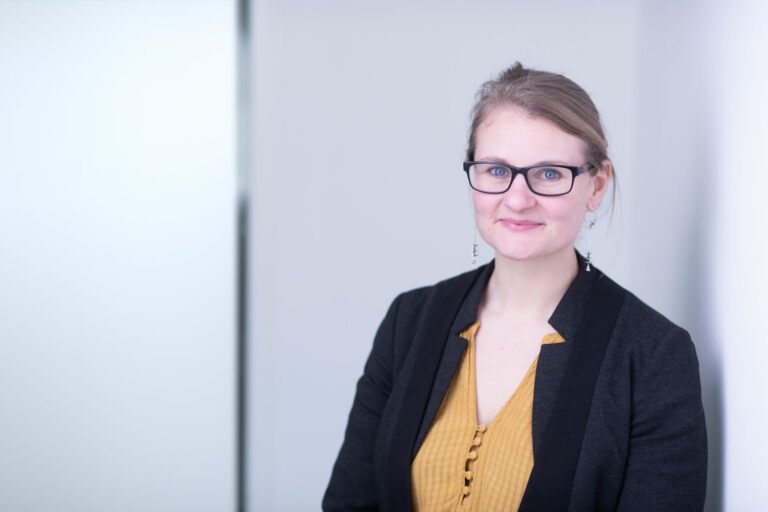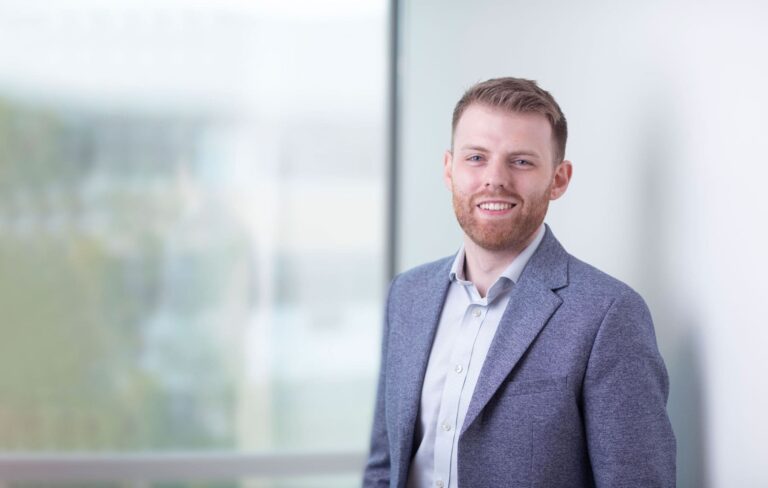We have touched upon the environmental advantages of promoting marine nature recovery throughout The Blue Economy publication. Sometimes, rightly or wrongly, it takes the identification of economic opportunities to really see the acceleration of an emerging sector.
In this article, we consider the commercial opportunities of marine net gain and highlight three innovative businesses that we are working with that are advancing marine nature recovery and building growth businesses while doing so.
The government released its response to the public consultation on the principles of Marine Net Gain (MNG) last year (the Response).
Net gain is the concept of leaving the environment in a measurably better state than prior to any development. We have seen an explosion of activity following the mandatory requirement on all land developers in England to deliver a 10% Biodiversity Net Gain (BNG) when building new housing, industrial or commercial development. The new mandatory BNG applies to developments on land and intertidal locations, down to the mean low water mark.
MNG will complement the mandatory BNG regime and, pursuant to the Response, apply to any development that takes place below the mean low water mark. Assuming the structure of the BNG regime is followed (and the Response does refer to strong support by respondents of a mandatory requirement for MNG), marine development will only be permitted if the developer brings about or secures an improvement in the marine environment.
Marine development includes, for example, fisheries, port and harbour development, sewage and waste transportation and offshore wind farms. All involve significant infrastructure and will frequently result in significant damage to the marine environment.
If mandatory MNG is adopted in line with the Response, there will be a statutory duty on all those in industries that undertake marine development, such as the marine fishery, marine engineering, marine transportation and marine energy sectors, to improve the marine environment either in and around their development or elsewhere.
So how does this create commercial opportunities?
We are seeing a burgeoning market develop for BNG units where on-site BNG is unavailable (i.e. the mandatory requirement to achieve a minimum 10% BNG cannot be achieved within the red-line boundary of a development site) and developers need to meet their BNG commitment by ‘buying-in’ BNG from a third party.
The same arrangement is easily plausible with MNG, with biologically rich and diverse marine environments being established in the best ecological places for them (which may be outside of the red-line boundary of a marine development) and the value in that marine biology bank being sold to developers that need to achieve MNG.
One of our clients who is exploring a collaborative approach to MNG is ARC Marine.
ARC Marine has developed a plastic free, carbon-neutral technology that it utilises in a line of specifically developed products, including reef cubes®, Marine Matts and Intertidal reef cubes®, allowing a variety of marine industries to leave a lasting positive impact on the environment where they would not have otherwise done so.
ARC Marine’s flagship products are designed to support and protect life on the sea floor. Manufactured entirely from marine-friendly materials, ARC Marine is offering a form of scientifically backed construction that is kind to the environment and enhances biodiversity.
Another client of ours in the blue sector is growing a network of scalable, offshore regenerative ocean farms or, as they like to call them, “algapelagos“.
Co-Founded in 2021 by three times world record holder, Olly Hicks, Algapelago secured the largest licence for kelp cultivation in the UK. Based in North Devon, the first Algapelago regenerative ocean farm (ROF) is positioned for optimal growing conditions and minimal spatial conflict. As well as growing kelp and shellfish, a key focus for the Algapelago pilot farm (and all future farms) is to convert the seaweed biomass grown into ready products, such as feed additives for livestock and crop bio-stimulants.
Our Q&A with Mollie Gupta of WWF (on pages 5 and 6 of this publication) highlights some of the benefits of seaweed farming, both in terms of the positive impact that it has in the ocean and in the way that seaweed products can be used to support increasingly in demand food systems.
Finally, Waterhaul is improving the marine environment by recovering ‘ghost gear’ from the coastline and recycling it into designer eyewear. Ghost gear (lost or discarded fishing gear at sea) is abundant, strong and durable (it can last for up to 500 years in the ocean) and costly for fisherman to dispose of.
These qualities have an incredibly detrimental impact on the environment, frequently resulting in ghost fishing where marine life gets trapped and entangled and attracts more species, but make it an excellent recycled, raw resource.
By creating a circular economy pathway for fishing gear, Waterhaul are able to give this ‘waste’ new value, incentivising recycling instead of disposal at sea.
If you have a growth business in the Blue Sector, we would be keen to hear from you.






